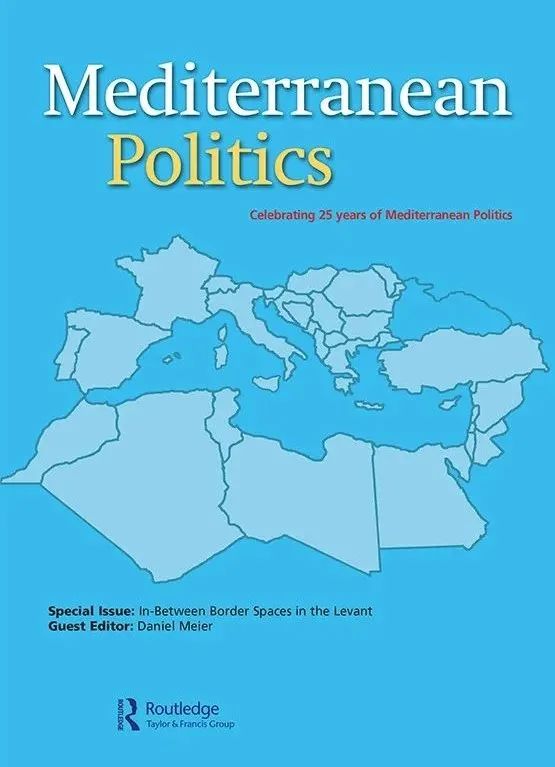
China and Egypt's comprehensive strategic partnership in the Xi-sisi era:
a ‘role theory’ prism
Degang Sun (Center for Middle Eastern Studies, Institute of International Studies, FudanUniversity, Shanghai, China)
Ruike Xu (School of English and International Studies, Beijing Foreign Studies University, Beijing,China)
DOI: 10.1080/13629395.2022.2035139
ABSTRACT
Despite the limitations of its bilateraltrade volume and security cooperation with China, Egypt was the first Middle Eastern and Arab country that established a strategic partnership with China in 1999 and the second to build a comprehensive strategic partnership in 2014.This article employs role theory to unpack this seeming paradox, and arguesthat it is largely because of the compatibility of their national roleconceptions that China and Egypt have managed to broaden and deepen theircooperation in the Xi-Sisi era. A thorough examination of the two countries’official documents and a variety of other related literature reveals that Chinaand Egypt are determined to build a comprehensive and complementary partnershipwith the strategic docking of China’s Belt and Road Initiative (BRI) and Egypt's‘Vision 2030’plan. As pivotal states in Asia and the Middle Eastrespectively, China and Egypt aim to reshape the global power structure throughthe pursuit of multipolarity and solidarity of rising powers.
KEYWORDS:
China and Egypt; role theory; comprehensivestrategic partnership; Belt And Road initiative; identity politics
Link: https://www.tandfonline.com/doi/abs/10.1080/13629395.2022.2035139?journalCode=fmed20#Funding






